Real Denton County home prices are lower than official stats are reflecting. Official numbers from NTREIS show median home prices in Denton County down 6.5 percent from September of last year. Average prices fell 4.5 percent year-over-year.
Real home prices in Denton County are lower than that. The discrepancy between what is getting reported in the media and what’s actually happening at the closing table requires a dive into the actual closing data. For better or worse, the North Texas MLS does not require an adjusted sales price field that shows the real closing price accounting for seller concessions.
If it did, you could rest assured new home prices would look a bit different. Even without that adjustment factoring in concessions, median new home prices in Denton County fell 11.1 percent year-over-year in September. Average new home prices were 12.7 percent lower. And that’s without factoring in the concessions provided by home builders!
Median prices for existing homes were 4.3 percent lower while average prices cooled 1.2%. Again, this doesn’t factor in the concessions sellers were having to make to get deals closed. With builders upping the ante, rational sellers were also playing ball to get deals closed.
Sellers and Agents Get a Reality Check
I’ve been pouring through the last four months of summer 2025 sales data, and the theme is pretty clear. Most of the homes here in North Texas were selling below original list price, in some cases much lower. Denton County home prices are softer than official reports are reflecting. Here in our local market of Denton Texas, more than 93 percent of the homes sold over the last 4 months sold below original list price.
While many agents were busy overpromising to get the listing, the market had other ideas. Many sellers were adjusting their expectations to get to the closing table. This is not surprising considering the big ramp in existing home inventory this year. The number of homes available in Denton County is still up 22 percent from September of last year. We hit 5 months of supply at the peak of the summer selling season.
With more plentiful inventory, buyers were in a much better bargaining position. The leverage playing field experienced a significant shift in 2025. When sellers are not willing to deal, buyers have demonstrated they are willing to walk if the terms don’t make sense.
Market Softness Continues
The Denton County real estate market is still digesting the liquidity-induced inflationary spike in home prices. Mortgage rates have cooled a bit this year, but they’re still hovering near the six percent mark. That’s much higher than the two percent rates which helped fuel a rush for homes in the 2022 housing market mania.
The current administration, much like the last administration, continues to play games with the economy in an effort to keep asset prices levitated (spelled inflated). The demand destruction caused by tariffs and economic uncertainty has bled into the housing market. Softness in the employment sector is taking a toll as well. It turns out people are more reluctant to make large purchases when they don’t feel confident about their job security. Go figure!
With the federal government still in shutdown mode, the picture of health for the U.S. economy is less than transparent.
The Healing Process Can Be Painful
While many sellers are getting their expectations clipped, the healing process for the market is a net positive. Sales are on the mend as prices come down. That’s a good thing. A market clearing of sorts is at least partially underway.
The truth is that excess liquidity and artificially low mortgage rates fueled irrational and unproductive behavior in the local real estate market. Too much investor activity and speculation on single-family homes is not healthy, when local residents and families need affordable shelter.
The Cantillon effect is real. All of that excess and stimulus coming out of the pandemic resulted in more housing and wealth inequality. Correcting some of those imbalances won’t be easy or quick. It really boils down to priorities and whether policy makers are willing to make tough choices.
Real estate and mortgage industry leaders have made it pretty clear they are willing to sacrifice the long-term health of the real estate market for sales volume or profit. That quest for continuous growth and inflation of asset prices comes with a cost. Americans are feeling those costs in their monthly budgets.
If you are in the market to buy or sell a home, remember that the glass is neither full or empty. Things are often better than the doomers are screaming. They are also probably not as great as the cheerleaders and industry apologists are telling you.




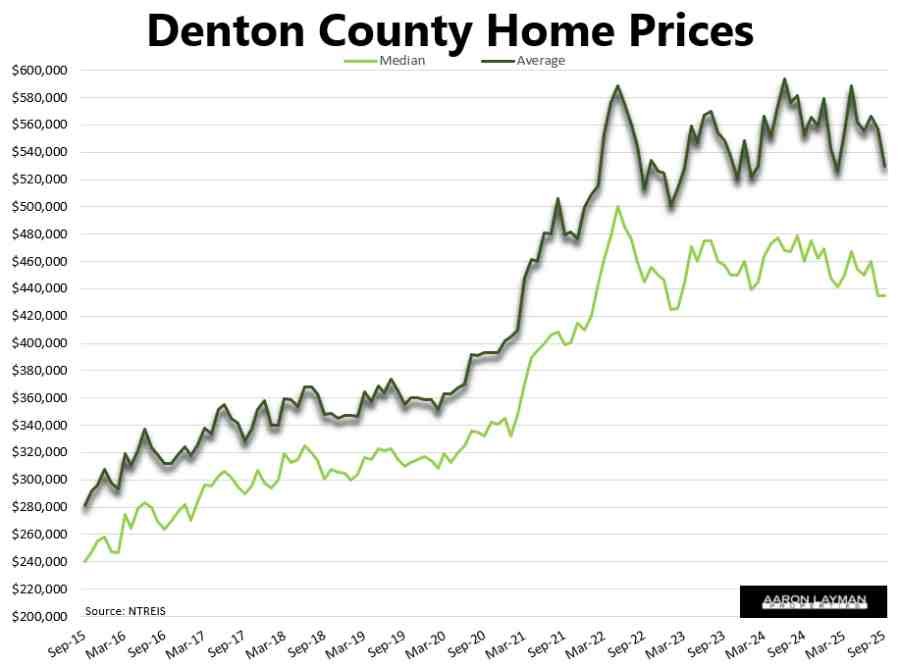
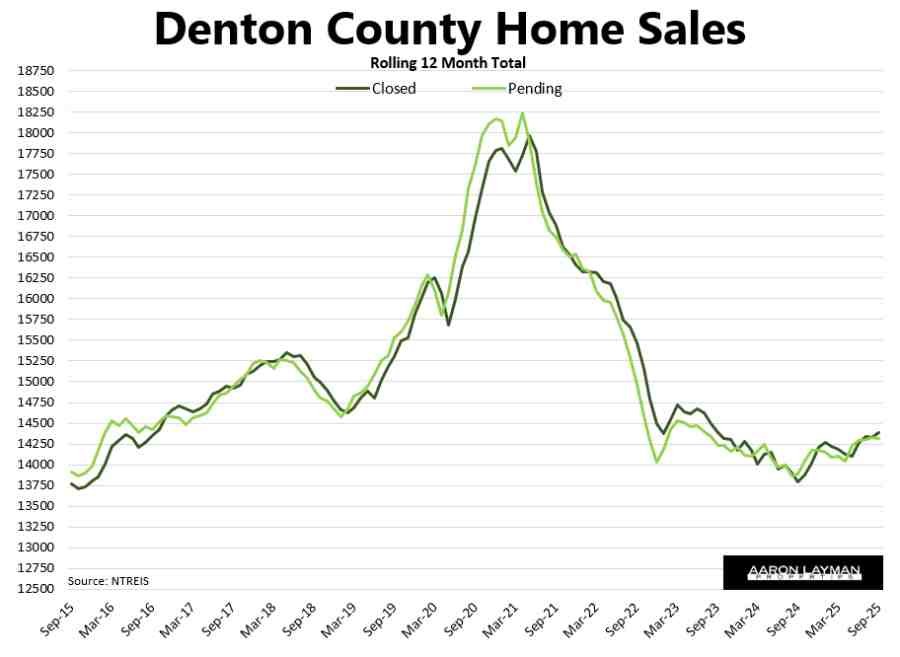
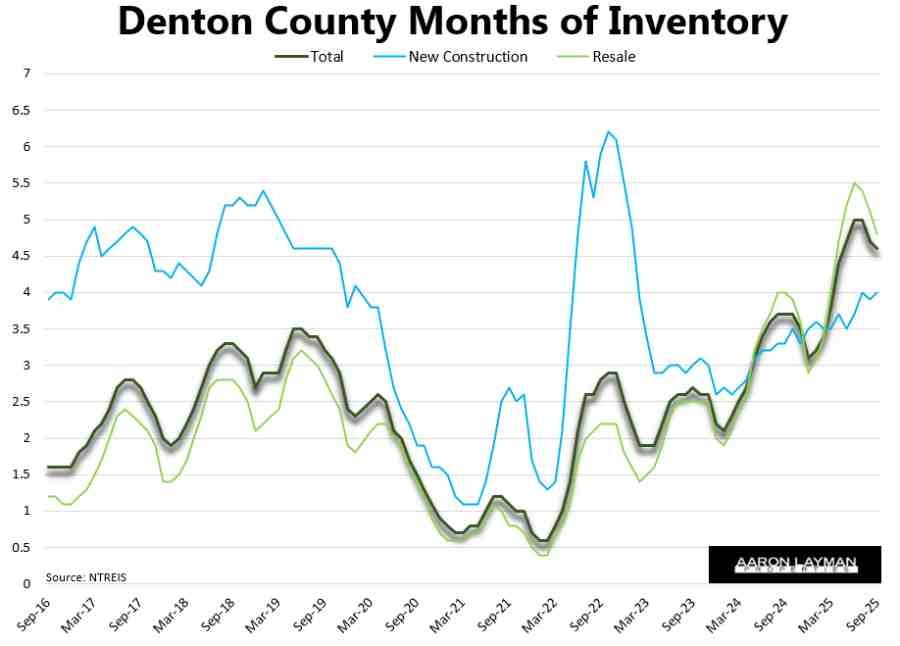
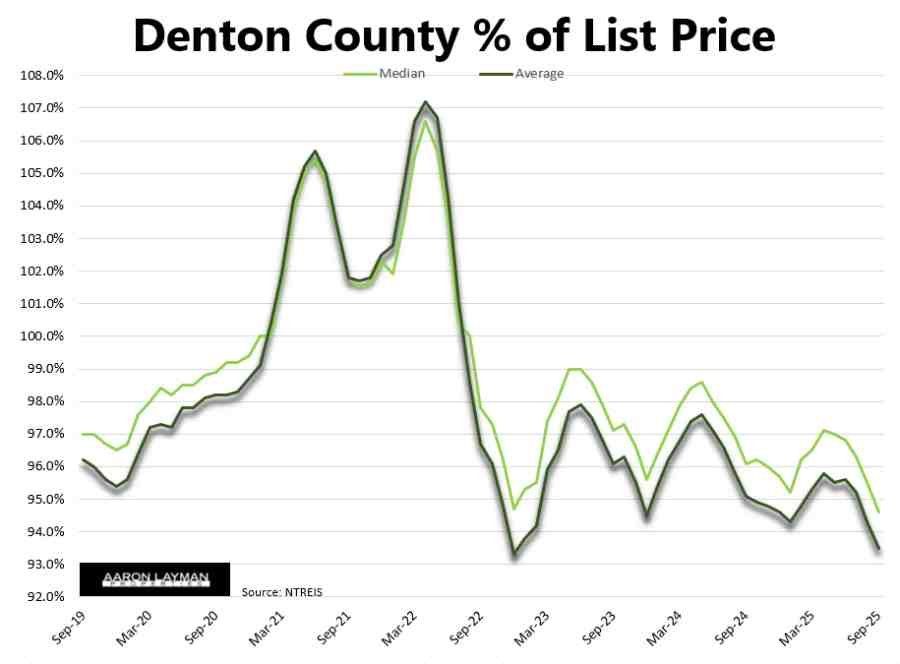
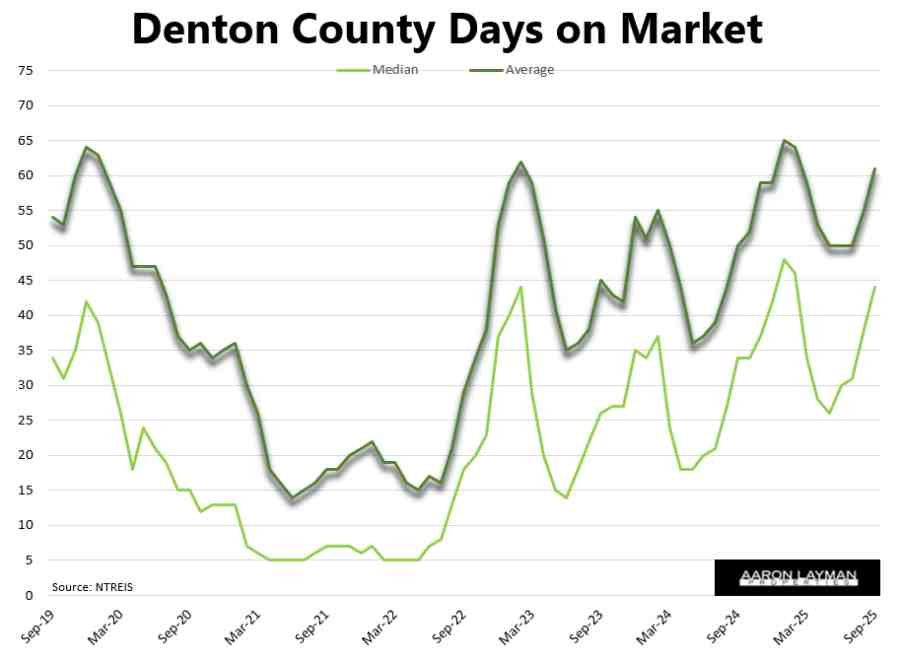

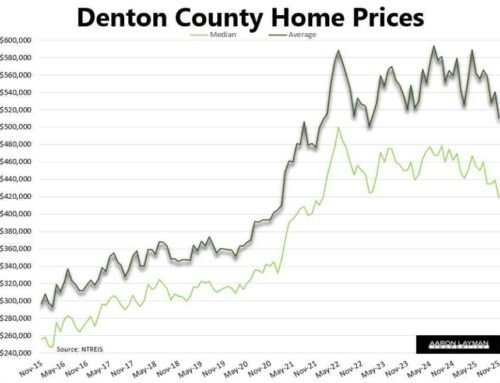
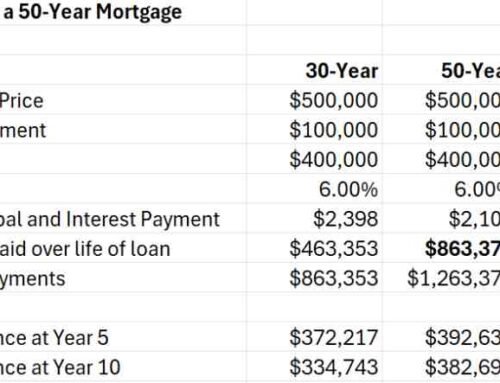
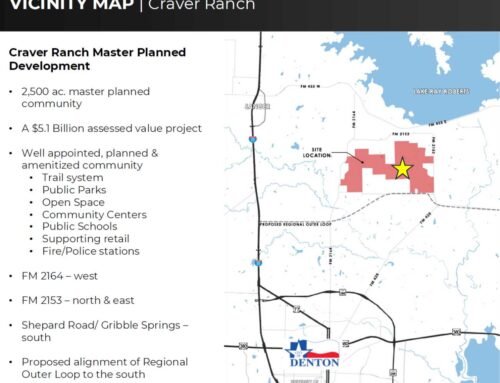

Leave A Comment